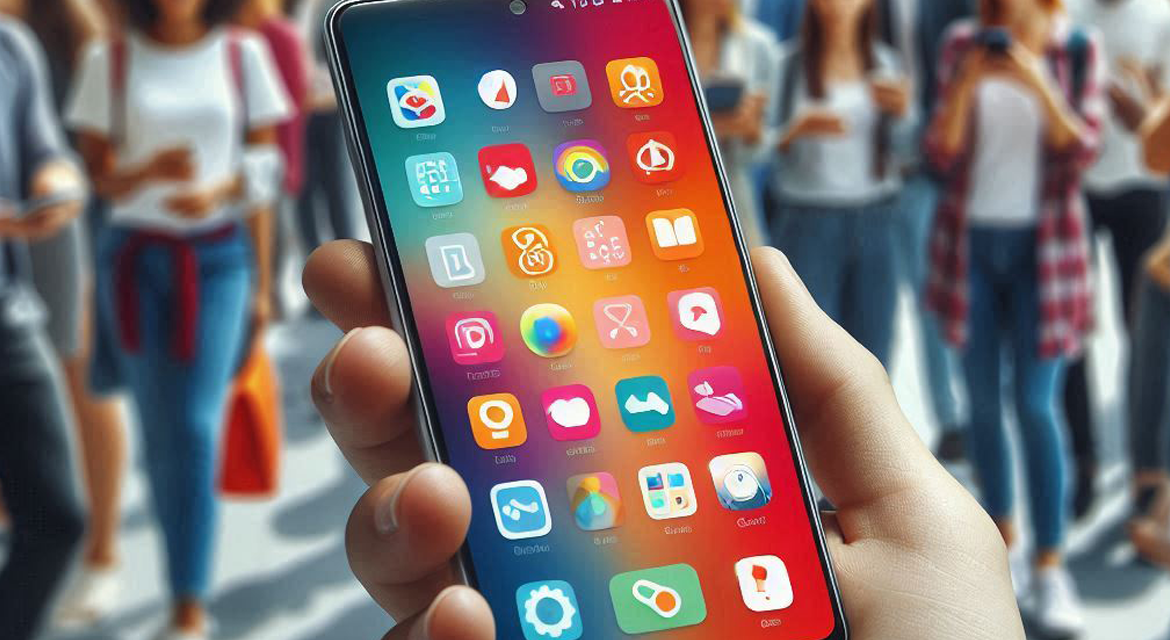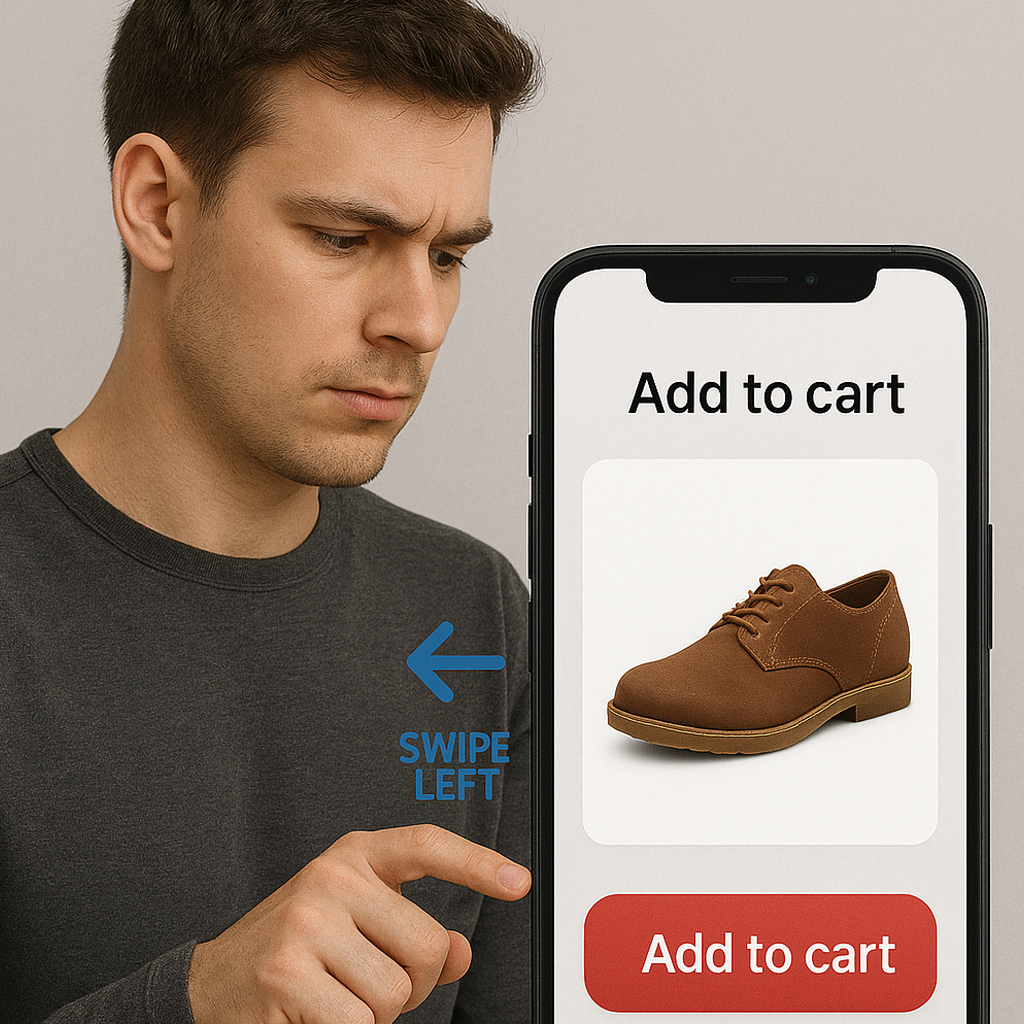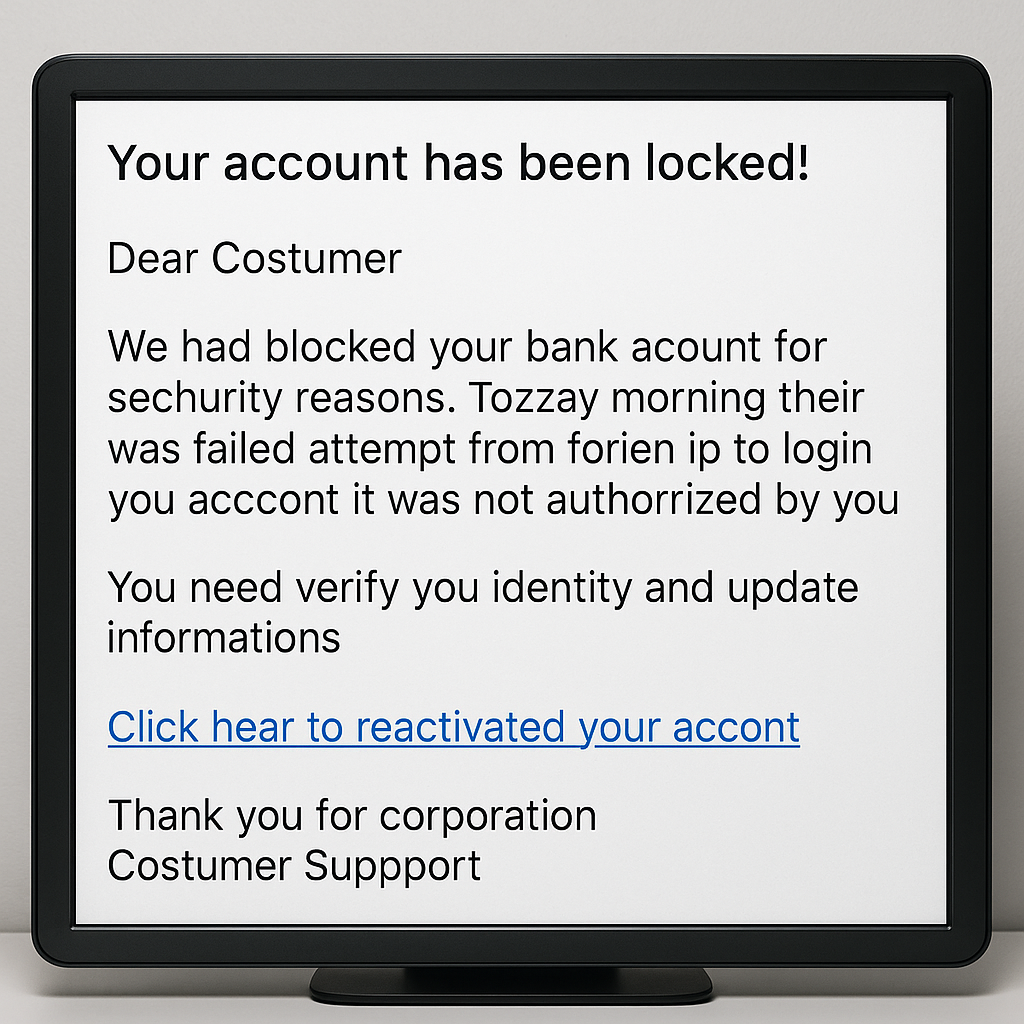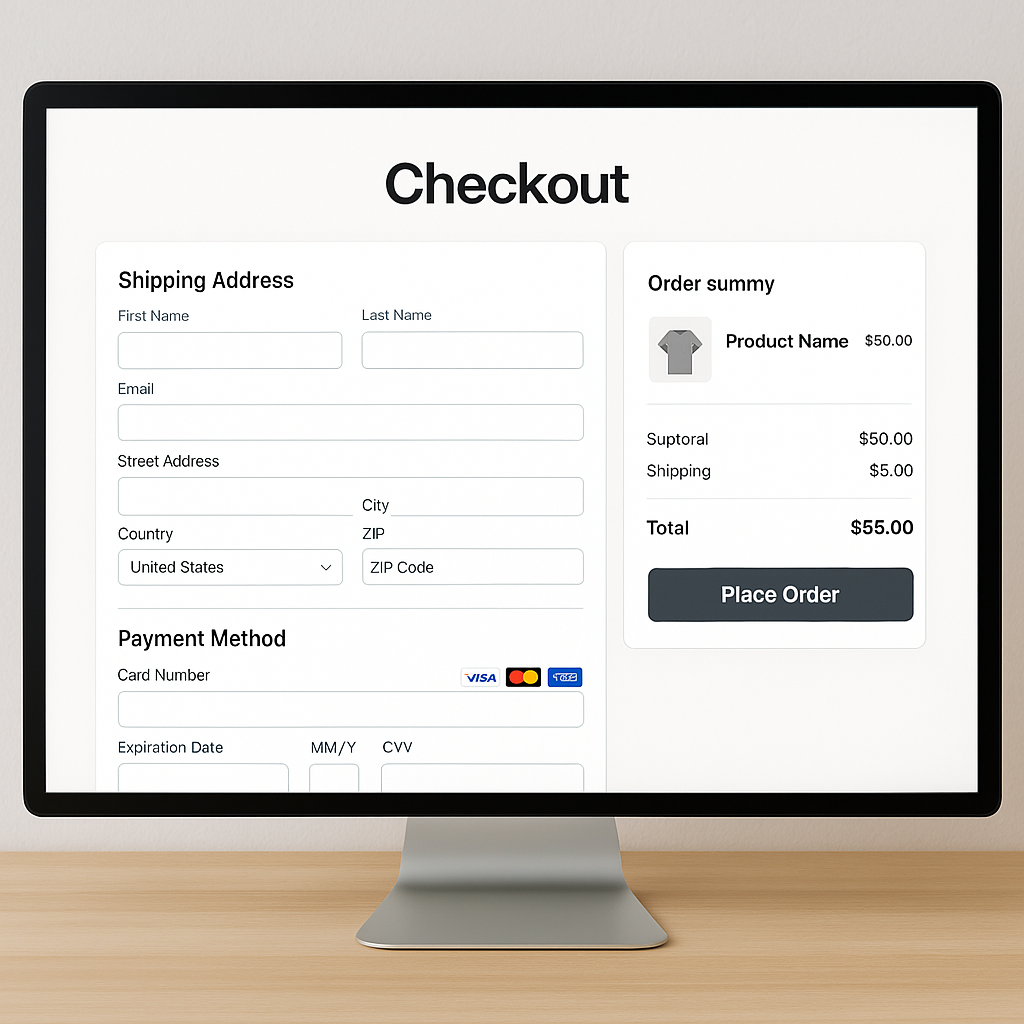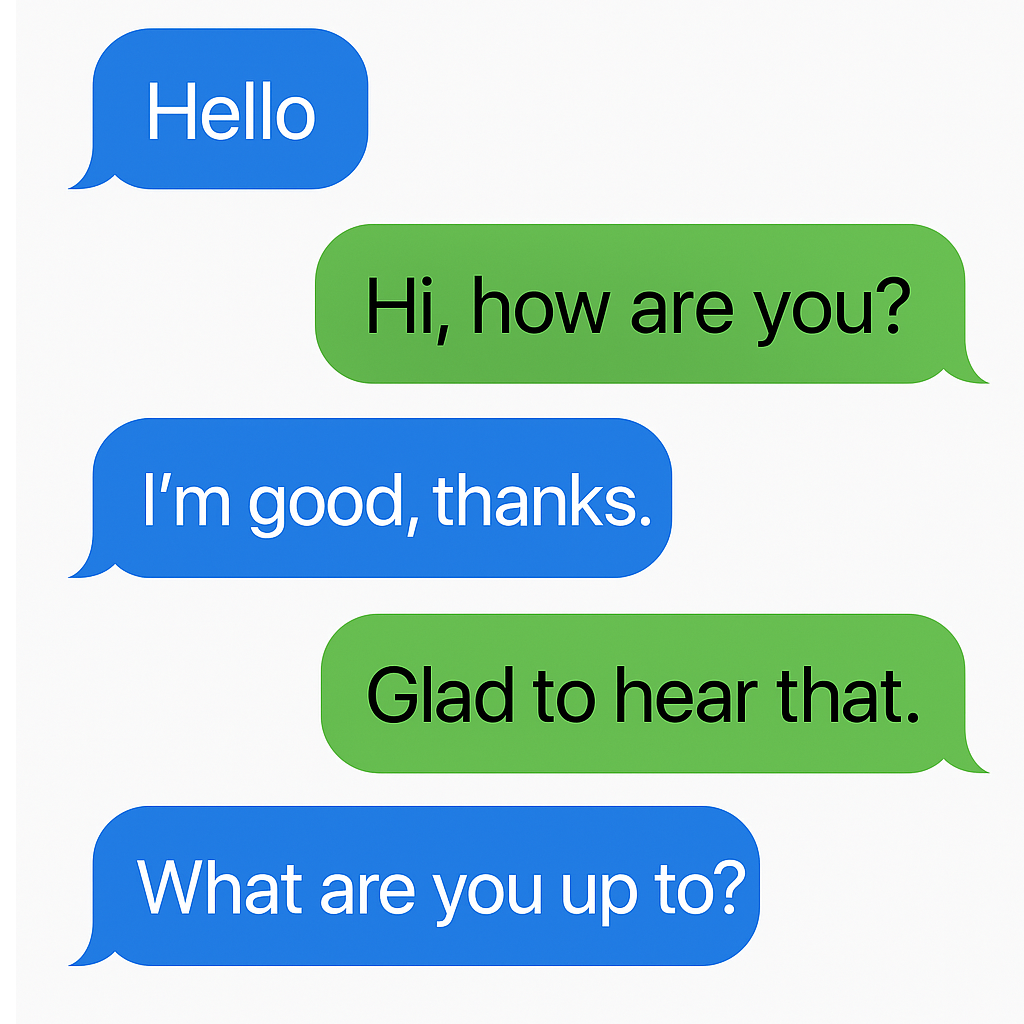Location tracking has become an integral part of our daily lives, seamlessly woven into the fabric of our favorite apps. From finding the nearest coffee shop to navigating our way through unfamiliar streets, we have become accustomed to having our whereabouts monitored. But what are the benefits and the drawbacks of this ever-present digital guardian? Let's explore this fascinating topic with a dose of humor and a sprinkle of skepticism.
The Superpowers of Location Tracking
Imagine being a superhero with the power to know exactly where you are at all times. Okay, maybe not quite as thrilling as flying or becoming invisible, but location tracking does have its perks.
The Convenience Conundrum
Gone are the days of wandering aimlessly in search of the nearest pizza joint. With location tracking, your favorite apps can guide you to that cheesy slice with pinpoint precision. Hungry for sushi instead? No problem! Your apps will take you straight to the best spot in town. It's like having a well-informed friend who never gets lost and always knows where the good food is.
Beyond food, location tracking apps can help you find a variety of services quickly and efficiently. Need a haircut? Your app will find the nearest salon with available appointments. Looking for a deal at a local boutique? Location-based offers can ping your phone with discounts and promotions as you walk by the store. The convenience extends to ride-sharing apps that accurately pinpoint your location to get you where you need to go, fast.
Keeping You Safe and Sound
In a world that sometimes feels like a maze, location tracking can be a lifesaver. Need to find your way back to your hotel after a night out? Your app's got your back. Lost in the wilderness with no signal? As long as you have GPS, you can navigate your way to safety. These digital breadcrumbs can lead you out of the dark and into the light.
Moreover, location tracking can be a crucial tool in emergency situations. Many apps now feature emergency locators that allow you to share your exact coordinates with rescue services. This can be particularly life-saving for hikers, travelers, or anyone who finds themselves in a precarious situation. Additionally, family locator apps can help keep tabs on loved ones, ensuring everyone’s safety, especially in crowded areas or unfamiliar places.
The Dark Side of Location Tracking
Every superhero has a weakness, and every technology has its downsides. While location tracking offers convenience, it also raises some concerns that are as creepy as a horror movie villain.
The Privacy Predicament
Imagine waking up one day to find that your phone knows more about your daily habits than your best friend. It knows where you shop, where you eat, and even where you jog. The digital guardian that ensures you never miss a beat also keeps a record of your every move. It's like having a nosy neighbor who peeks through the curtains and keeps tabs on your life.
This constant surveillance can feel intrusive, especially when you realize just how much data is being collected. Apps often track more than just your location; they log times, dates, and even the duration of your visits. This treasure trove of information can be used to build detailed profiles of your habits and preferences, sometimes even without your explicit consent. It’s a level of scrutiny that can make anyone uncomfortable.
Big Brother is Watching
Location tracking can feel like you're part of a high-stakes espionage thriller where the villain is none other than your own device. Governments and corporations can use your location data to monitor your movements. Ever wondered how those targeted ads seemed to know you were at the mall yesterday? It's not magic; it's location tracking working behind the scenes.
The potential for misuse of this data is alarming. Surveillance by government agencies could lead to breaches of privacy on an unprecedented scale. Meanwhile, companies can sell your location data to third parties, leading to a barrage of personalized ads and potential exploitation. The implications for personal freedom and autonomy are significant, raising ethical questions about the extent of digital surveillance.
Security Shenanigans
While location tracking can keep you safe, it can also put you at risk. Cybercriminals can hack into your device and access your location data, making you vulnerable to various threats. Imagine a villain who knows when you're not home and uses that information to plan their next heist. It's a plot twist we'd all prefer to avoid.
Beyond personal safety, there are also concerns about identity theft and financial fraud. Hackers who gain access to your location history can piece together patterns of behavior that might help them crack security questions or passwords. Additionally, if location data is not properly encrypted, it can be intercepted during transmission, leading to potential data breaches and unauthorized access.
Striking a Balance
So, how do we enjoy the benefits of location tracking without falling prey to its dark side? Here are a few tips to help you strike a balance between convenience and privacy.
Know Your Settings
Take a moment to delve into the settings of your favorite apps. Many apps allow you to control when and how they access your location. You can choose to share your location only when the app is in use or block it altogether when you're not using the app. It's like putting up boundaries with that nosy neighbor.
It’s also wise to periodically review and update these settings. Some apps may offer additional privacy controls, like limiting location history retention or anonymizing data. Staying informed about app permissions can help you maintain better control over your personal information.
Think Before You Share
Before hitting the "Allow" button on location permissions, ask yourself if the app really needs to know where you are. Does your weather app need to track your every move? Probably not. Be mindful of the information you're sharing and weigh the pros and cons.
Consider using apps that prioritize user privacy and offer clear explanations of why they need access to your location. Some apps provide enhanced functionality without requiring constant location tracking, allowing you to enjoy the benefits without compromising your privacy.
Stay Updated
Regularly update your apps and device to ensure you have the latest security measures in place. Developers frequently release updates to fix vulnerabilities that could be exploited by hackers. It's like fortifying your digital fortress to keep the villains at bay.
In addition to updates, consider using security features like two-factor authentication and encryption to add extra layers of protection. Staying proactive about your digital security can help mitigate the risks associated with location tracking.
The Good, the Bad, and the Funny
Location tracking on your favorite apps is a double-edged sword, offering unmatched convenience while raising serious privacy concerns. It's a superhero with a shadowy side, capable of guiding you to safety or peeking into your private life. By being aware of the risks and taking steps to protect your privacy, you can enjoy the perks of location tracking without falling victim to its pitfalls.
So, next time you use your phone to find the nearest pizza place, remember that your device is both your trusty sidekick and your nosy neighbor. Embrace the benefits, but stay vigilant about your privacy. After all, in the world of technology, it's always good to be a little cautious and a lot amused.



